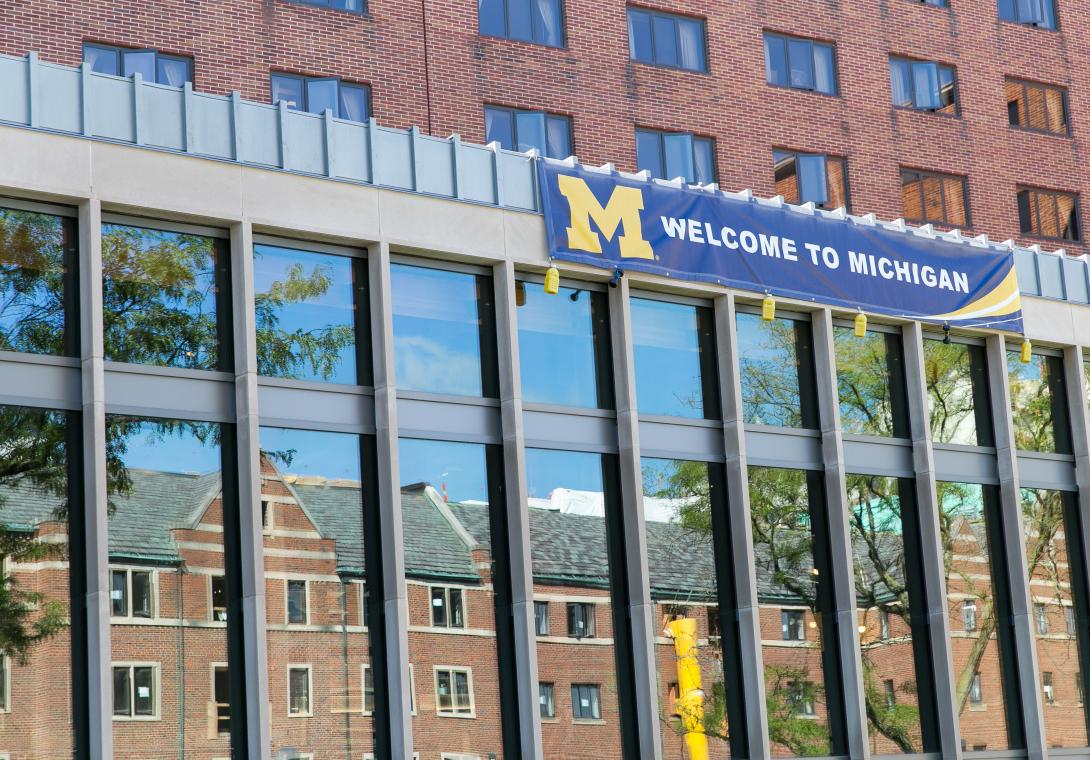Introduction
As of September 2015, more than 6200 international students were enrolled at the University of Michigan; that is 14% of the current student population! While most students experience difficulties at one time or another while at the University of Michigan, international students may experience some that are unique to them because of added pressure of adjusting to a new culture, language, and a different academic environment. Knowing this, what are some concerns that international students commonly face, and what helpful resources does U-M have to offer them?
For many international students, counseling may not be a common practice. However, in the United States, counseling is becoming a more common way of dealing with personal stress and difficulties, especially during student life, when young adults are faced with new challenges and responsibilities.
All U-M students have access to professional counselors at CAPS. Talking with a professional counselor allows you the opportunity to discuss your concerns with someone in a safe, friendly, and culturally sensitive environment. Your campus counseling centers strive to respect all racial, ethnic, religious, gender, sexual orientation, and age differences as well as other forms of diversity.
International Students’ Concerns
How to Make Ann Arbor a Comfortable Place to Live
Emotions such as sadness, loneliness, fear, and confusion can be normal reactions to adjusting to life in Ann Arbor. Learning American culture can be difficult, exciting, and quite rewarding. It may be a good idea to take your time learning U.S. values and traditions while remaining connected to your own language, traditions, and cultural beliefs.
Other suggestions:
- Become familiar with U-M’s International Center and what they have to offer for support and information.
- Look for events that decrease the isolation of living in a new country
- If possible, develop friendships and social networks with other students from your home country or other international students. International Student Organizations may provide a sense of belonging, which helps with adjustment.
- Stay in contact with family and friends from your home. Write letters, send e-mails, or make telephone calls when possible.
- Seek help and support if feelings of anxiety or depression are affecting your everyday life by contacting CAPS.
- International Spectrum
Here are some examples of what you and your fellow international students are commonly concerned about and what a counselor may be able to help with:
- Separation from family and friends, loneliness, or homesickness
- Understanding and adjusting to U.S. culture and way of life
- Language difficulties
- Academic pressures or classroom style
- Social interactions and making new friends
- Finding time to meet family commitments and obligations
- Relationship problems or dating people from different cultures
- Financial concerns
- Adjusting to new roommates
- Coping with visa and immigration issues
Re-entry shock: What is it?
Another issue of concern that is unique to and of which international students may be less aware is “re-entry shock.” Re-entry shock is experienced in the same way as “culture shock” except that it occurs when a student returns to his/her home country. Being faced with changes in themselves, their country, or their family that can elicit negative feelings. The distress experienced, however, may actually be more because re-entry shock is unexpected.
Visiting the International Center’s website may also be a great resource for answering many questions you may have.
When to Seek Help
If you are having a difficult time adjusting to the U.S. and are experiencing any distress, tell someone about your symptoms. Speak with friends, family members, a doctor, nurse, psychologist, social worker, or employee assistance professional. Asking for help takes courage, but it can make all the difference. It is important to remember that you are not alone.
If you think you would like counseling support, please get in touch with CAPS.

